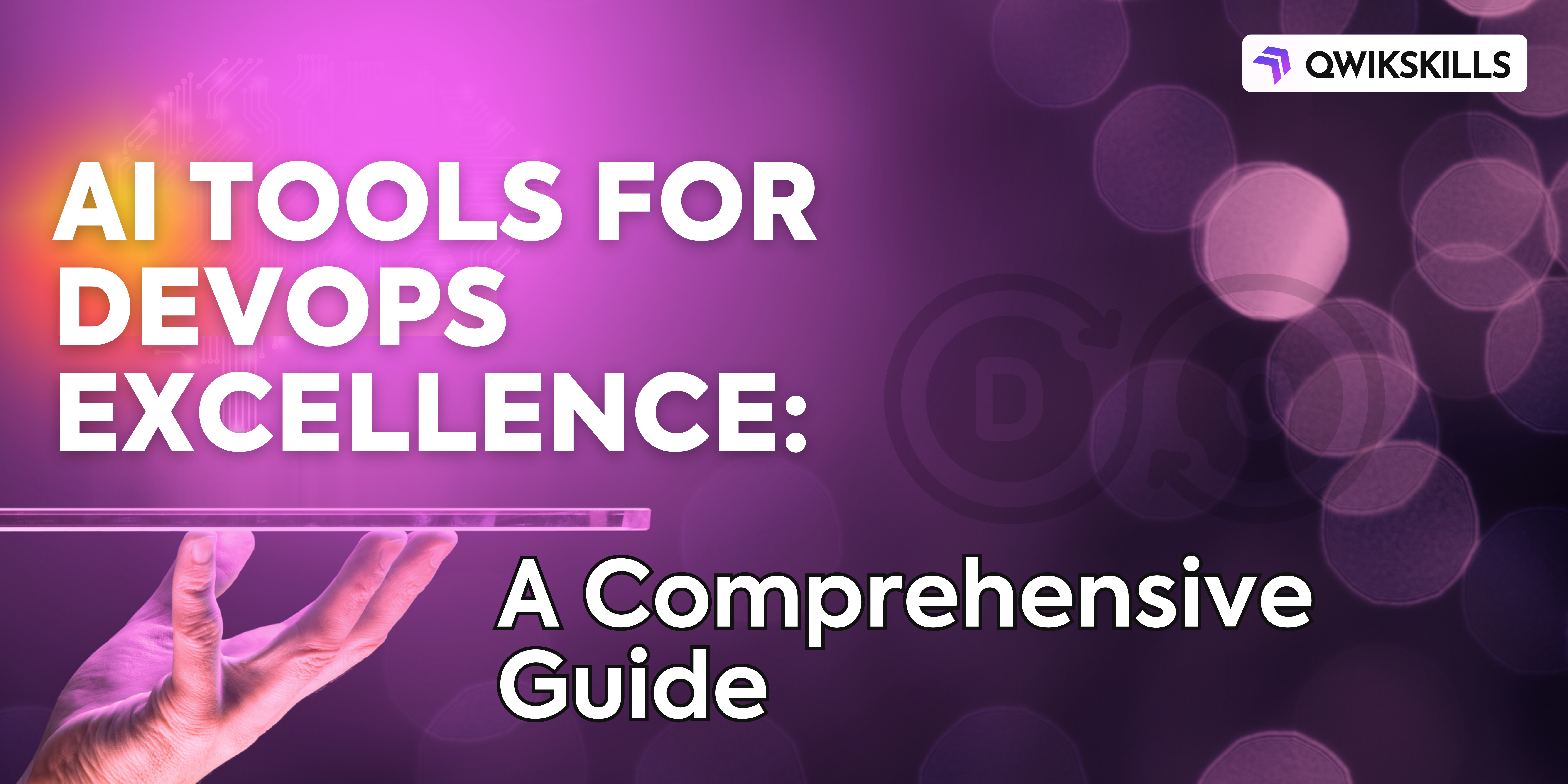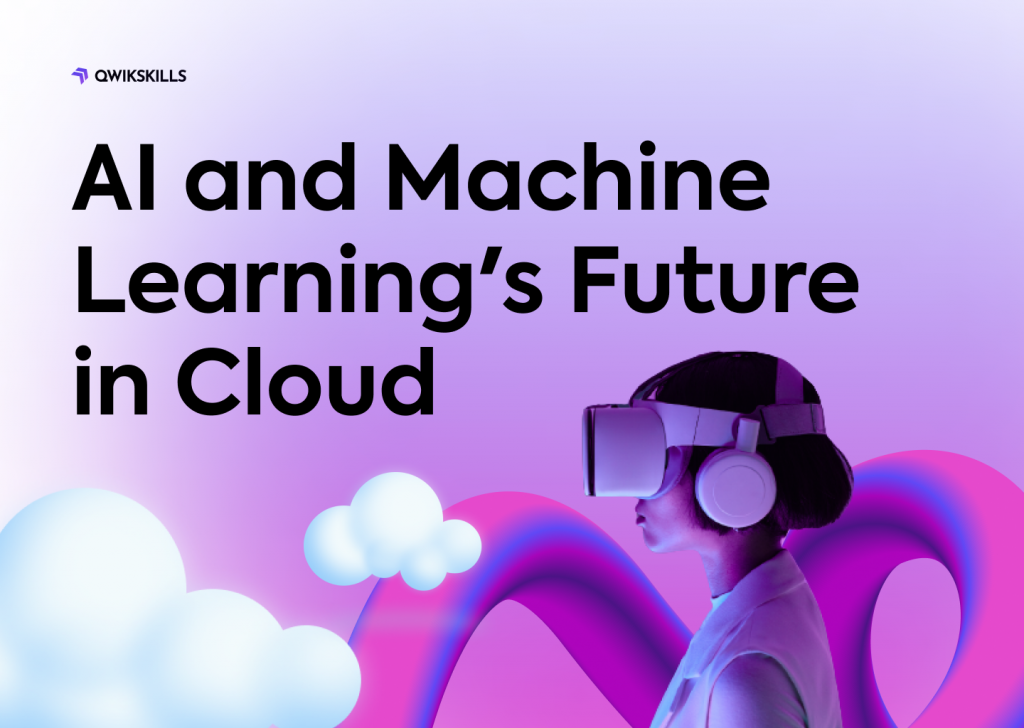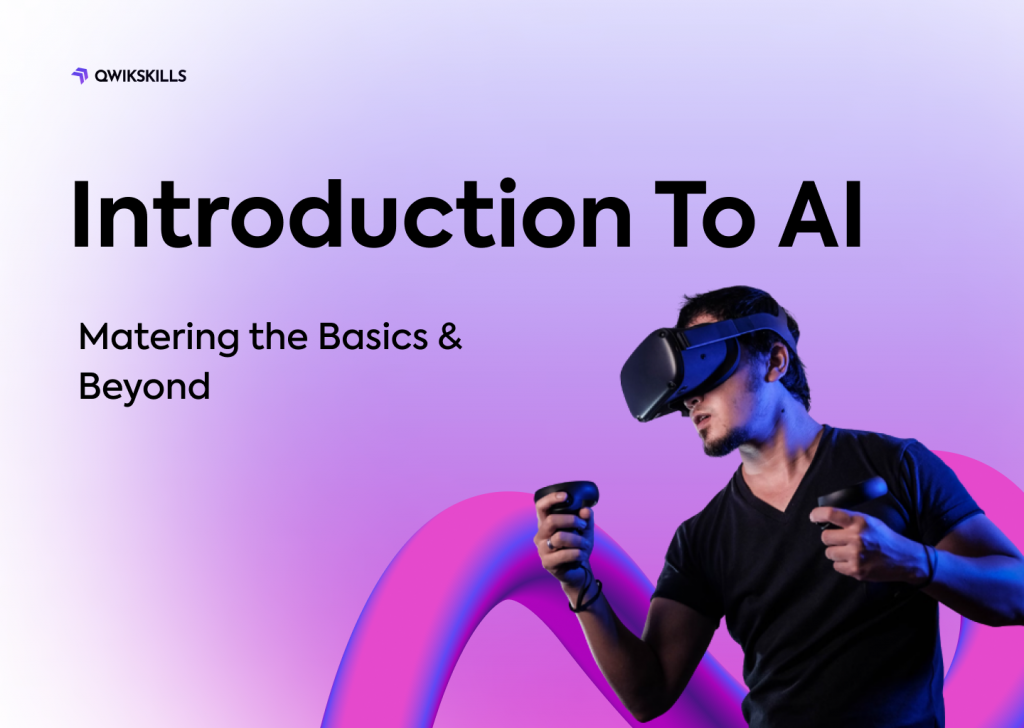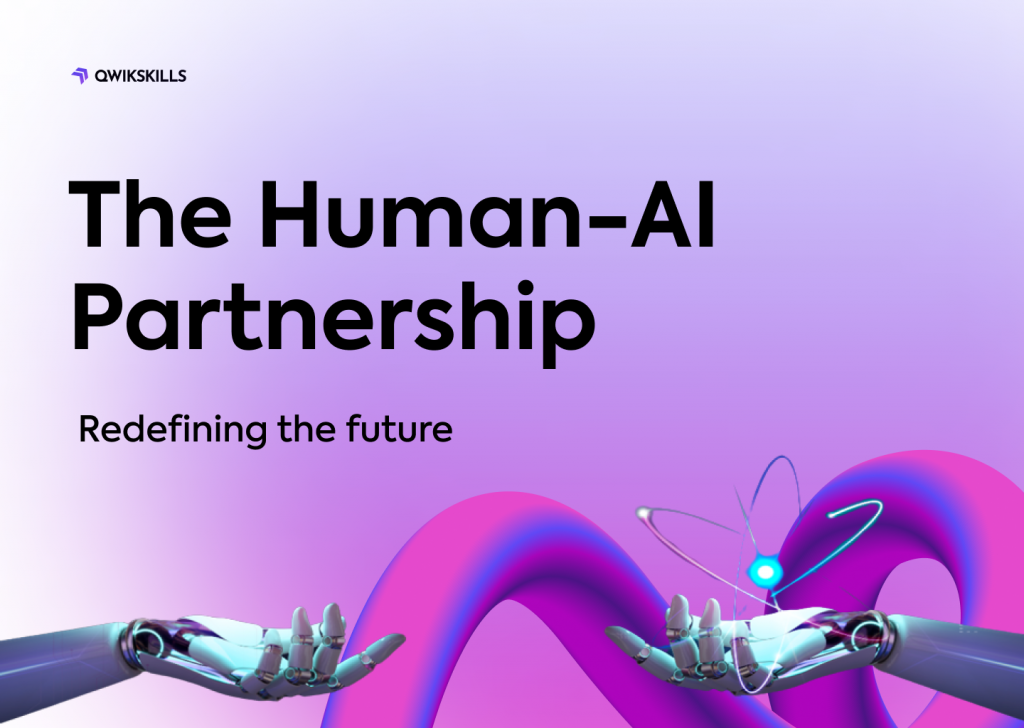Introduction
In the ever-evolving landscape of software development,Artificial Intelligence (AI) and DevOps has brought about a transformative synergy. DevOps, the philosophy that unites development and operations teams, and AI, the powerhouse of data-driven decision-making, are propelling the industry towards new horizons. Master AI in DevOps at QwikSkills: Elevate your career with our specialized program. Learn AI integration for seamless DevOps success. In this comprehensive guide, we delve into the significance of AI tools in the DevOps ecosystem and how they can revolutionise your approach to software development.
Chapter 1: Understanding DevOps and AI
DevOps, a portmanteau of “development” and “operations,” is more than just a buzzword. It represents a cultural shift in the software industry, emphasizing collaboration, automation, and continuous improvement. In the context of DevOps, AI acts as a catalyst, empowering teams to streamline processes, identify bottlenecks, and make data-backed decisions. The fusion of DevOps and AI principles is akin to an artist wielding a more precise brush, resulting in software that’s not just functional but exceptional.
Chapter 2: Benefits of Incorporating AI in DevOps
The incorporation of AI into DevOps processes yields a plethora of benefits. Efficiency improvements are paramount, with AI automating repetitive tasks, reducing manual errors, and optimizing resource allocation. Cost reductions follow suit, as AI’s predictive capabilities help teams make informed decisions, eliminating wasteful expenditure. Real-world success stories are aplenty, from companies experiencing 90% faster deployment times to 50% fewer post-release incidents.
Chapter 3: AI-Powered Continuous Integration (CI)
Continuous Integration (CI) is the heartbeat of DevOps, ensuring that code changes are automatically integrated and tested. AI brings a new dimension to CI by automating test case selection, identifying high-risk areas, and predicting code quality issues. Top AI-powered CI tools like Jenkins and Travis CI offer features like auto-scaling, intelligent testing, and deep integration with popular version control systems.
Chapter 4: AI-Driven Continuous Delivery (CD)
Continuous Delivery (CD) ensures that code is always in a deployable state, ready for production. AI-driven CD pipelines excel at optimizing release schedules, orchestrating complex deployment processes, and minimizing downtime. Tools like GitLab CI/CD and Spinnaker leverage AI to automate deployment decisions, ensuring that only the most stable code reaches your users.
Chapter 5: Predictive Analytics for DevOps
Imagine foreseeing issues before they become showstoppers. Predictive analytics in DevOps make this a reality. AI models for anomaly detection, such as neural networks and decision trees, can identify irregular patterns in system metrics or code quality, allowing teams to proactively address issues. Leading companies like Netflix and Airbnb rely on predictive analytics to maintain high availability and exceptional user experiences.
Chapter 6: AI for Infrastructure Management
Managing the intricate web of infrastructure in a DevOps environment can be overwhelming. AI steps in as the master conductor, automating resource provisioning, optimizing performance, and predicting potential failures. Tools like Amazon EC2 Auto Scaling and Kubernetes use AI to ensure that your infrastructure scales dynamically to meet demand, all while maintaining cost-efficiency.
Chapter 7: Security and Compliance with AI
Security is a paramount concern in DevOps, and AI adds an extra layer of protection. AI-driven threat detection systems, powered by machine learning algorithms, can identify suspicious activities and vulnerabilities in real-time, bolstering your defenses. Moreover, AI plays a pivotal role in ensuring compliance with industry standards and regulations, reducing the risk of costly breaches and penalties.
Chapter 8: AI-Enhanced Collaboration in DevOps
DevOps thrives on collaboration, and AI is the glue that binds teams together. Chatbots, collaboration platforms, and AI-driven project management tools streamline communication and foster a culture of transparency. Companies like Slack and Microsoft Teams have harnessed AI to create virtual teammates that schedule meetings, answer common questions, and keep everyone in the loop.
Chapter 9: Challenges and Considerations
Implementing AI in DevOps isn’t without its challenges. Teams may face resistance to change, require additional training, and grapple with ethical dilemmas surrounding data privacy and bias in AI models. Selecting the right AI tools and strategies is crucial to success, and it’s essential to strike a balance between innovation and risk mitigation.
Semantically Similar FAQs
What are some AI-powered DevOps tools?
AI has catalyzed the DevOps landscape, with tools like Jenkins, GitLab CI/CD, and Kubernetes incorporating AI for automation, testing, and infrastructure management.
How does AI improve DevOps automation?
AI enhances automation by predicting failure points, automating test case selection, and orchestrating deployment processes intelligently.
Can AI help with DevOps security?
Absolutely. AI-driven threat detection systems identify security threats in real-time, fortifying your DevOps environment against cyber threats.
What are the challenges of integrating AI into DevOps?
Resistance to change, the need for additional training, and ethical considerations regarding data privacy and bias are common challenges.
Are there any free AI tools for DevOps?
Yes, some AI-powered DevOps tools offer free tiers or open-source alternatives, making it accessible to organizations of all sizes.
How can AI enhance collaboration in DevOps teams?
AI-driven chatbots, collaboration platforms, and project management tools streamline communication, ensuring teams work cohesively.
What role does AI play in infrastructure management for DevOps?
AI automates resource provisioning, optimizes performance, and predicts failures, ensuring efficient and cost-effective infrastructure management.
Are there any AI-powered DevOps success stories?
Companies like Netflix and Airbnb have achieved remarkable success with AI in DevOps, maintaining high availability and user satisfaction.
What are the ethical considerations when using AI in DevOps?
Data privacy, bias in AI models, and the responsible use of AI are ethical considerations that DevOps teams must address.
How can I get started with AI in my DevOps processes?
Start by identifying areas in your DevOps workflow where AI can add value, explore AI-powered tools, and invest in training to empower your teams with AI capabilities.
Conclusion
In this guide, we’ve explored the symbiotic relationship between AI and DevOps, uncovering a world of opportunities. Efficiency gains, cost reductions, enhanced security, and improved collaboration are just the tip of the iceberg. As you embark on your DevOps journey, remember that AI is not just a tool; it’s a partner, guiding you towards excellence. Embrace AI, and watch your DevOps processes evolve into a masterpiece of efficiency and innovation.
Ready to elevate your DevOps game with AI? Visit QwikSkills.com now for expert courses on AI in DevOps. Unlock the future of software excellence today!




